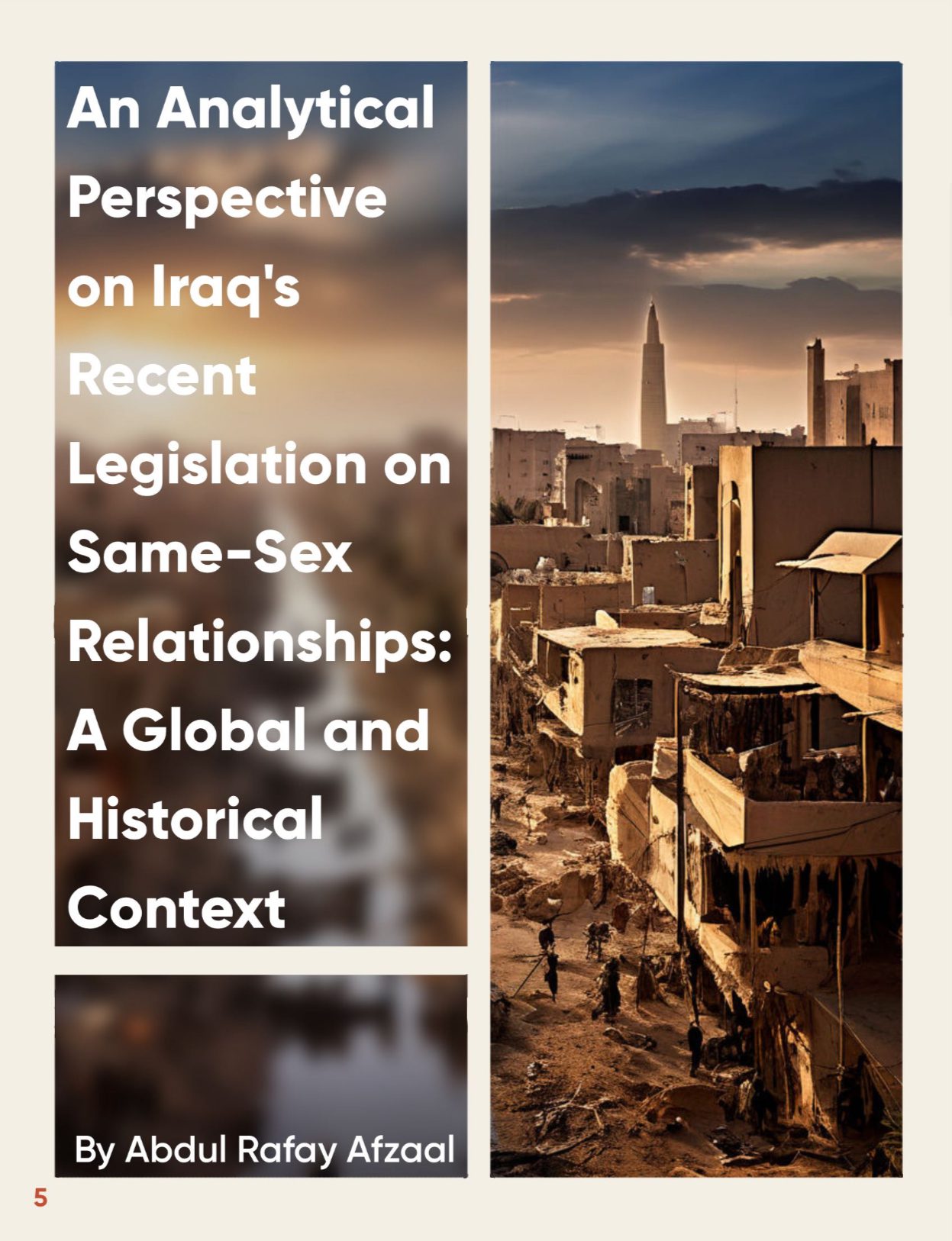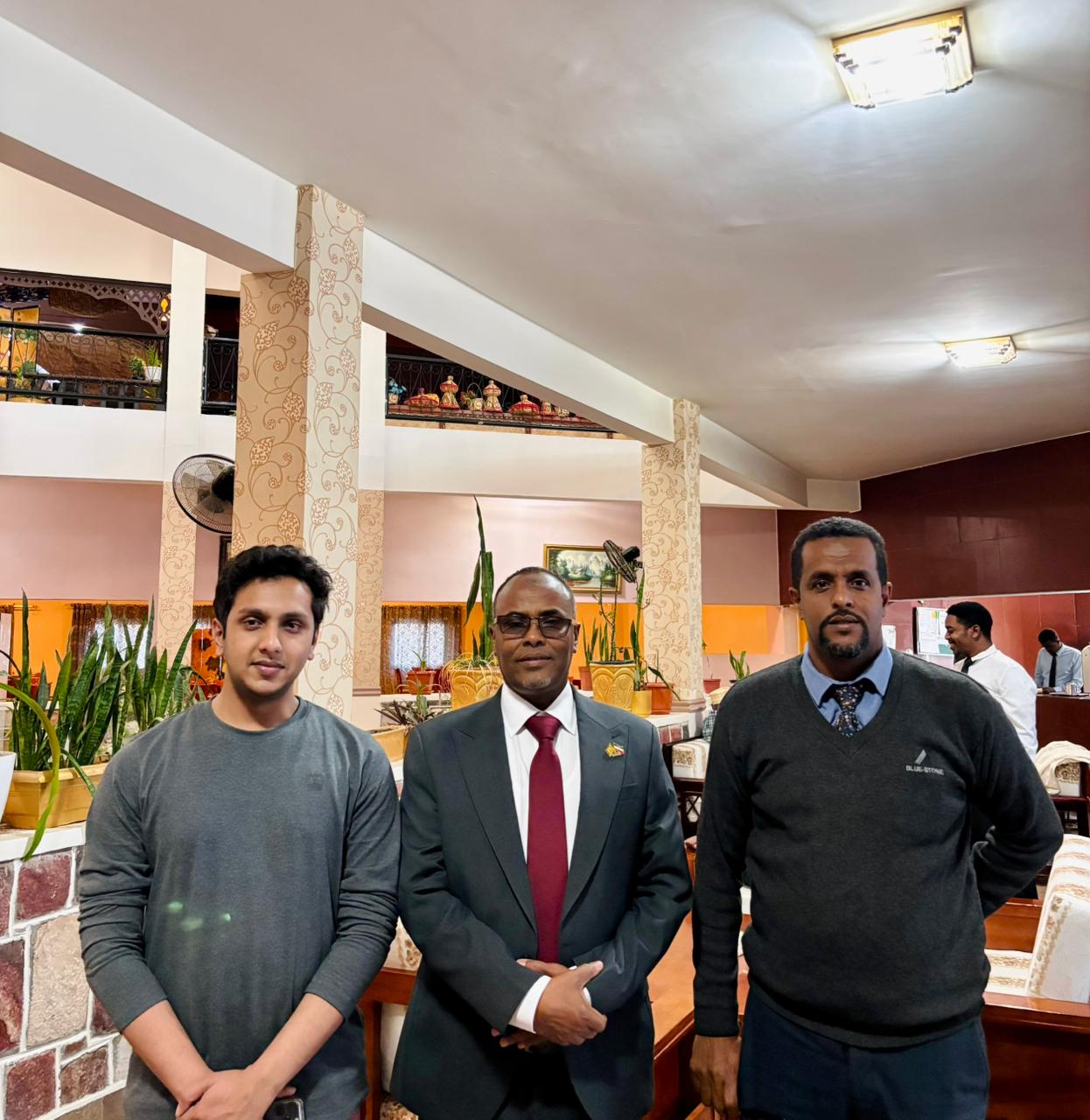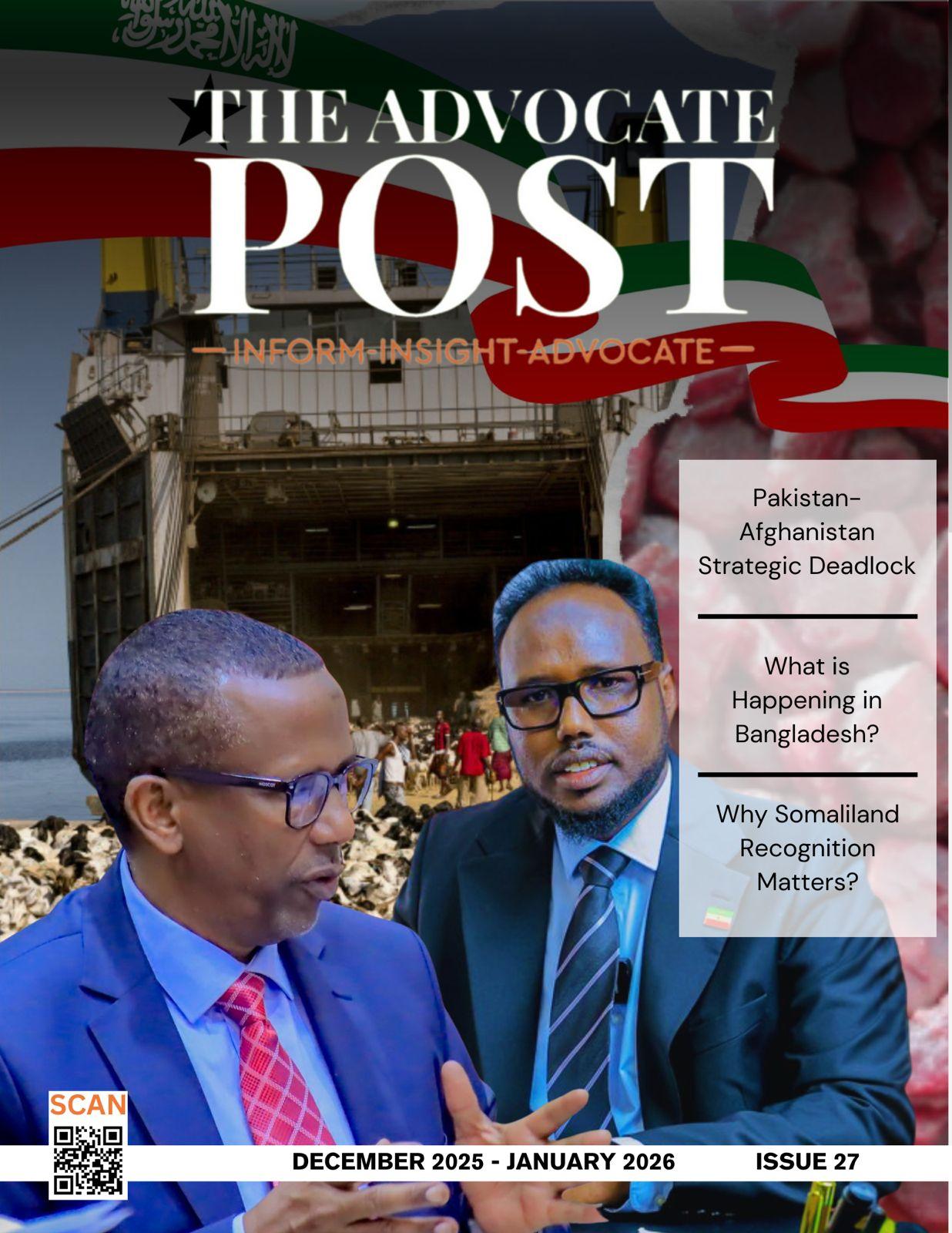By Abdul Rafay Afzal (Editor in Chief)
The recent passage of a bill by Iraq’s parliament, establishing a legal framework that criminalizes same-sex relationships with penalties up to 15 years in prison, represents a significant legal and cultural development within the country. This stringent stance on homosexuality mirrors similar trends in various societies globally and historically, reflecting a complex interplay between religious norms, legal systems, cultural values, and international human rights standards. This analysis delves into these dimensions, offering a comprehensive overview of the legislation’s implications within a broader context.
Iraq’s new law not only stipulates substantial prison sentences for same-sex relations but also aligns with the country’s longstanding Islamic cultural and religious values. This move is not isolated; historically, several countries with strong religious foundations have legislated against homosexuality.
For instance, Iran, Saudi Arabia, and Sudan, under Sharia law, impose severe penalties for homosexual acts, ranging from imprisonment to the death penalty. Conversely, countries like Tunisia and Jordan have made steps toward decriminalizing such acts, reflecting a diverse spectrum of legal responses within Islamic nations.
Globally, the legal stance on same-sex relationships varies widely.By 2020, 69 countries had laws criminalizing homosexuality, with penalties ranging from fines to the death penalty, according to a report by the International Lesbian, Gay, Bisexual, Trans and Intersex Association (ILGA).
In contrast, many Western nations have progressively recognized LGBTQ+ rights, including anti-discrimination protections and the legalization of same-sex marriage, exemplified by the landmark United States Supreme Court ruling in Obergefell v. Hodges (2015), which legalized same-sex marriage nationwide.
Islamic law’s interpretation regarding homosexuality varies, with traditional views considering homosexual acts as incompatible with Islamic teachings. Iraq’s legislation could be seen as a reflection of a conservative interpretation intended to maintain moral and social order. However, it’s crucial to note that interpretations of Sharia law can evolve, and there is a growing discourse within Muslim communities worldwide about reconciling faith with the recognition of LGBTQ+ rights.
From an international law perspective, Iraq’s recent legislation raises significant human rights issues. The United Nations Human Rights Council has repeatedly emphasized the importance of protecting individuals from discrimination and violence based on sexual orientation and gender identity. Critics might argue Iraq’s law contravenes Article 2 of the Universal Declaration of Human Rights, which prohibits discrimination on any ground.
However, supporters of the legislation within Iraq may argue for the principle of legal sovereignty and the right to uphold national moral values.
The law’s societal impact in Iraq could be profound, potentially exacerbating the marginalization and stigmatization of the LGBTQ+ community. Historical precedents from countries that have criminalized homosexuality suggest an increase in mental health issues, violence, and social ostracization among LGBTQ+ individuals. Internationally, Iraq may face criticism and diplomatic pressures, as seen in cases such as Uganda, which faced significant international backlash and aid cuts following the harsh Anti-Homosexuality Act of 2014.
Iraq’s legislation criminalizing same-sex relationships is a complex issue that sits at the nexus of religious norms, cultural values, legal sovereignty, and international human rights standards. It depends from which lens you are looking from as there are always two sides of every story. Could be wrong in someone’s eyes but this act could be right one in the eyes of the Muslim dominant nation of Iraq, While reflecting a commitment to traditional religious values, the law also highlights the ongoing global debate over the universality of human rights and the challenge of balancing respect for cultural diversity with the protection of individual freedoms. As the world continues to navigate these tensions, the dialogue between upholding cultural traditions and advancing human rights remains both challenging and necessary and a matter of debate among the school of thoughts.
Abdul Rafay Afzal is from Pakistan currently a law student at LJMU, UK. He is the Editor in Chief and Founder of The Advocate Post He writes on geopolitics, international relations, and legal affairs etc. in more than 10 countries in English & Urdu languages. He has been honoured of being one of Pakistan’s and World’s youngest columnists and editors Author can be reached at rafayafzal555@gmail.com
Instagram: @arafzal555






